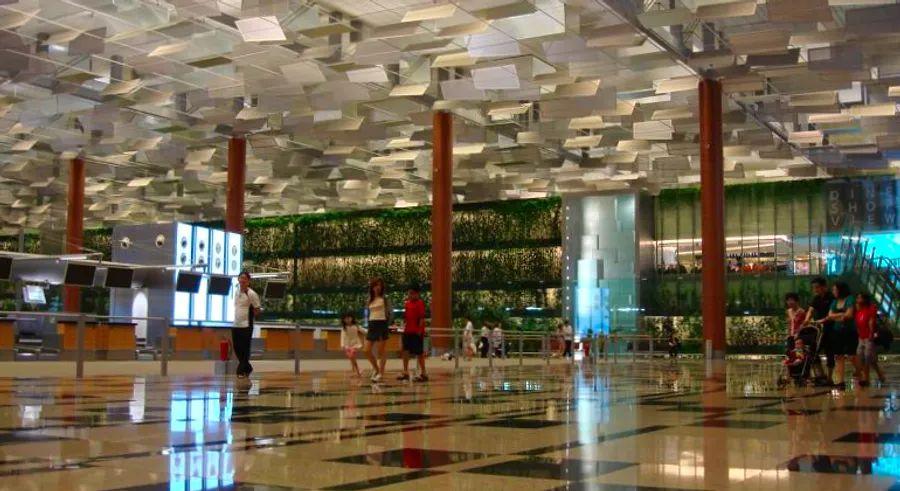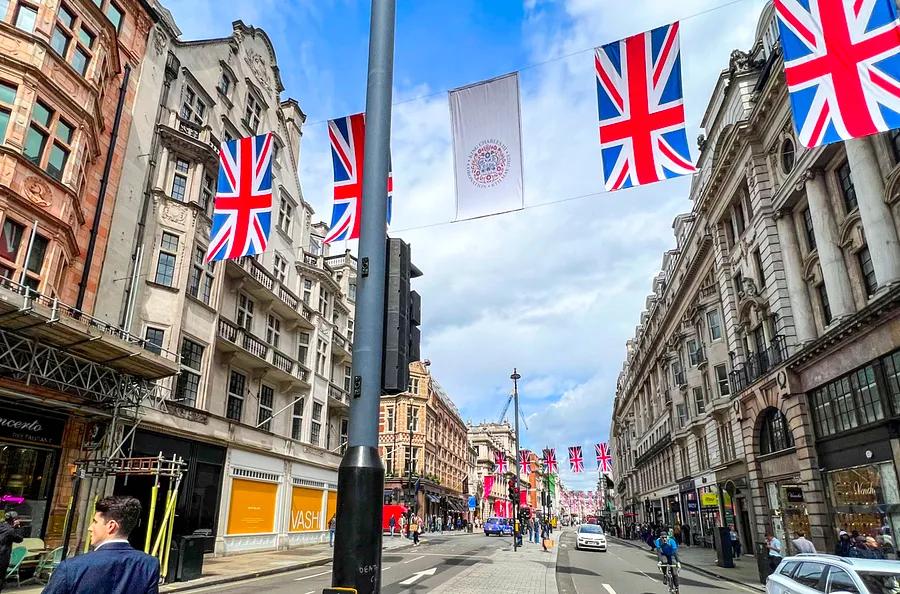Catch some rest during your layover at transit hotels

Frequent travelers are familiar with the struggle of trying to sleep curled up on hard, uncomfortable airport seats while waiting for the next flight. Thankfully, there's a better way.
Transit hotels are a lifesaver for those on long, multi-leg journeys. These short-term hotels are strategically located within airport security zones, close to terminals. Travelers can disembark from their flight and immediately check into a room to recharge before their next one.
No visa is needed for a stay at a transit hotel in most cases. While rates can vary, they tend to be more affordable than traditional hotels.
Typical stays last about six hours. Amenities usually include a bed, desk, toilet, shower, and Wi-Fi, with higher-end transit hotels often offering extra features like gyms and spas.
Top spots for transit hotels

Due to the high volume of connecting passengers, transit hotels are mainly found in major transfer hubs, particularly across Asia.
A prime example of a popular transit hotel is at Singapore’s Changi, a major international hub and a common layover point for flights to and from Asia.
Amsterdam Schiphol Airport is one of Europe's busiest, and its efficient, compact Yotel hotel pods are in high demand.
You won't find any transit hotels within Melbourne Tullamarine or Sydney Airport's international terminal, as Australia isn't typically a major layover hub.
Great for business, but is it great business?

Nigel Summers, director at Horwath HTL, the world's largest hospitality consulting firm, states that transit hotels can be a challenging investment for hotel owners.
"You don’t need to provide much (since it’s a brief stay), but predicting the flow of passengers can be tricky," says Summers.
"For instance, if an airport faces a major disruption, it becomes difficult to estimate how much food to prepare or how many staff members to keep on duty," he explains.
The success of transit hotels also hinges on the airport’s efficiency, with more streamlined airports often being less reliant on hotel services.
"For example, at Hong Kong, where customs clearance is quick, passengers are less likely to stay within the airport during their layover," Summers adds.
"But in places like New Delhi, where the process is more complicated, travelers are more likely to book a room within the airport," says Summers.
Top Airports for Long Layovers
Interview with the General Manager of India's First Transit Hotel

Nestled inside New Delhi’s Indira Gandhi International Airport, the Eaton Smart stands out as one of the most stylish transit hotels, recognized for its sleek and minimalist modern design.
Hotel General Manager Vikram Khetty discusses how transit hotels are transforming the way passengers experience their layovers.
Dinogo: Who is your ideal customer?
Khetty: Our primary customers are passengers stuck at the airport awaiting their connecting flights. Some travelers may face long waits of up to 10 hours, and in such cases, a transit hotel offers the perfect solution to relax, refresh, enjoy a freshly prepared meal, or even indulge in a spa treatment – all of which help combat jet lag.
Dinogo: Are there any visa or ticketing requirements for staying at your hotel?
Khetty: No visa is necessary for transit passengers, as they typically don't hold an entry visa for India. International travelers only need a valid passport and airline ticket, while Indian nationals will require identity documents or a passport and travel papers.
Dinogo: What is the minimum stay requirement?
Dinogo: What sets Eaton Smart apart from other transit hotels?
Khetty: Eaton Smart is known for its quick check-in process, efficient use of space, contemporary design, and top-notch amenities. The hotel provides free Wi-Fi, a spa, Aqua Pods, a gym, and a lounge with a variety of teas, alcoholic drinks, and an all-day dining menu.
Eaton Smart at Terminal 3 of Indira Gandhi International Airport has two sections: the domestic wing with 36 rooms and the international wing with 57 rooms. Each room measures 21 square meters.
Jane Leung, originally from Hong Kong and now a Canadian citizen, has built a career across film and television production, professional sports, and magazine publishing.

1

2

3

4

5
Evaluation :
5/5